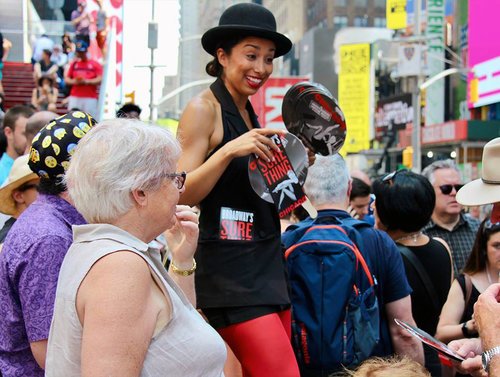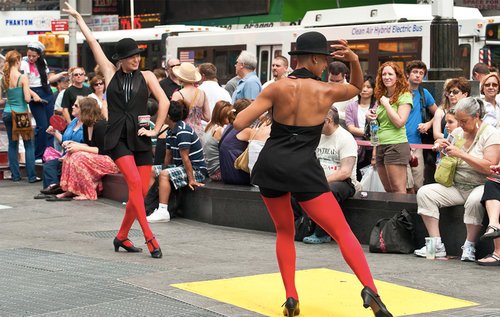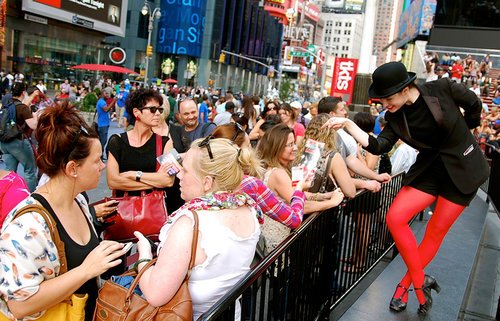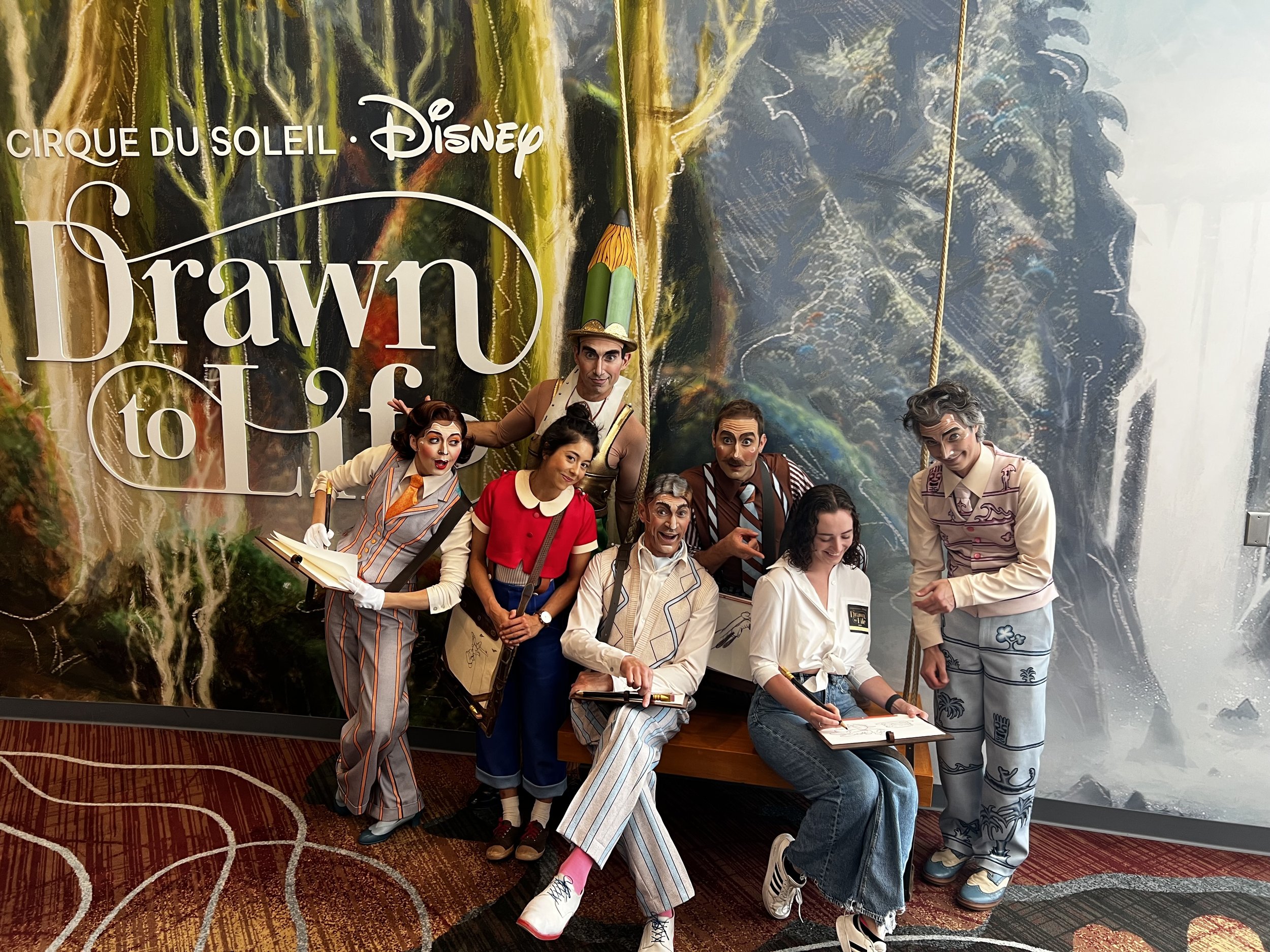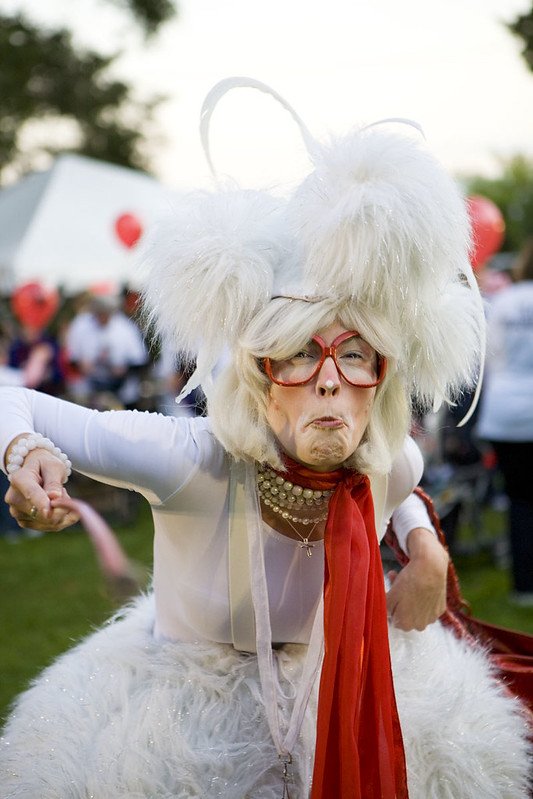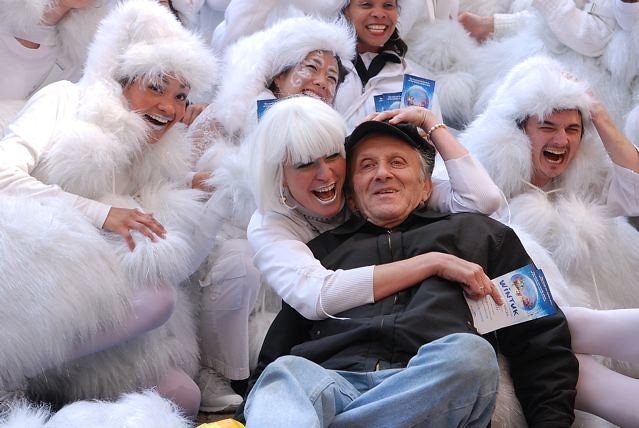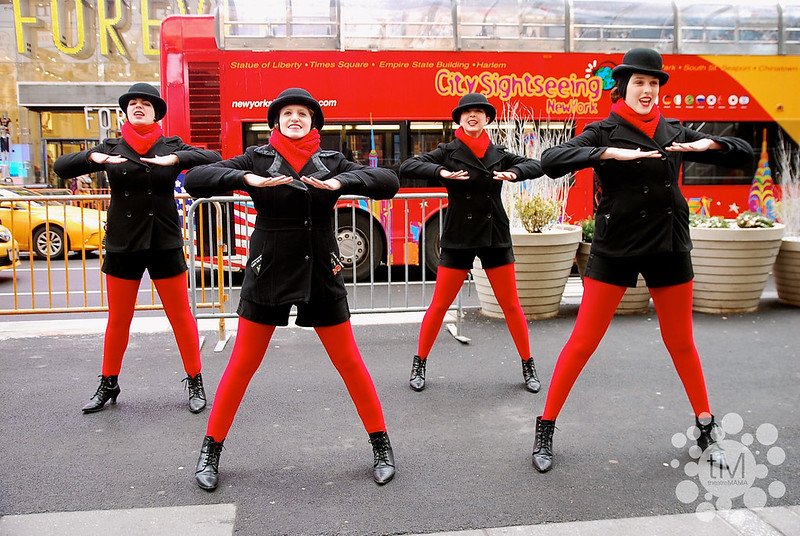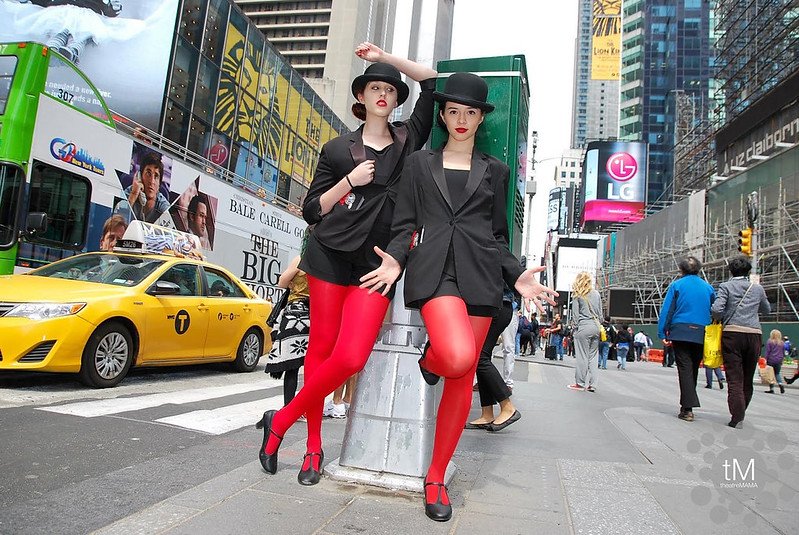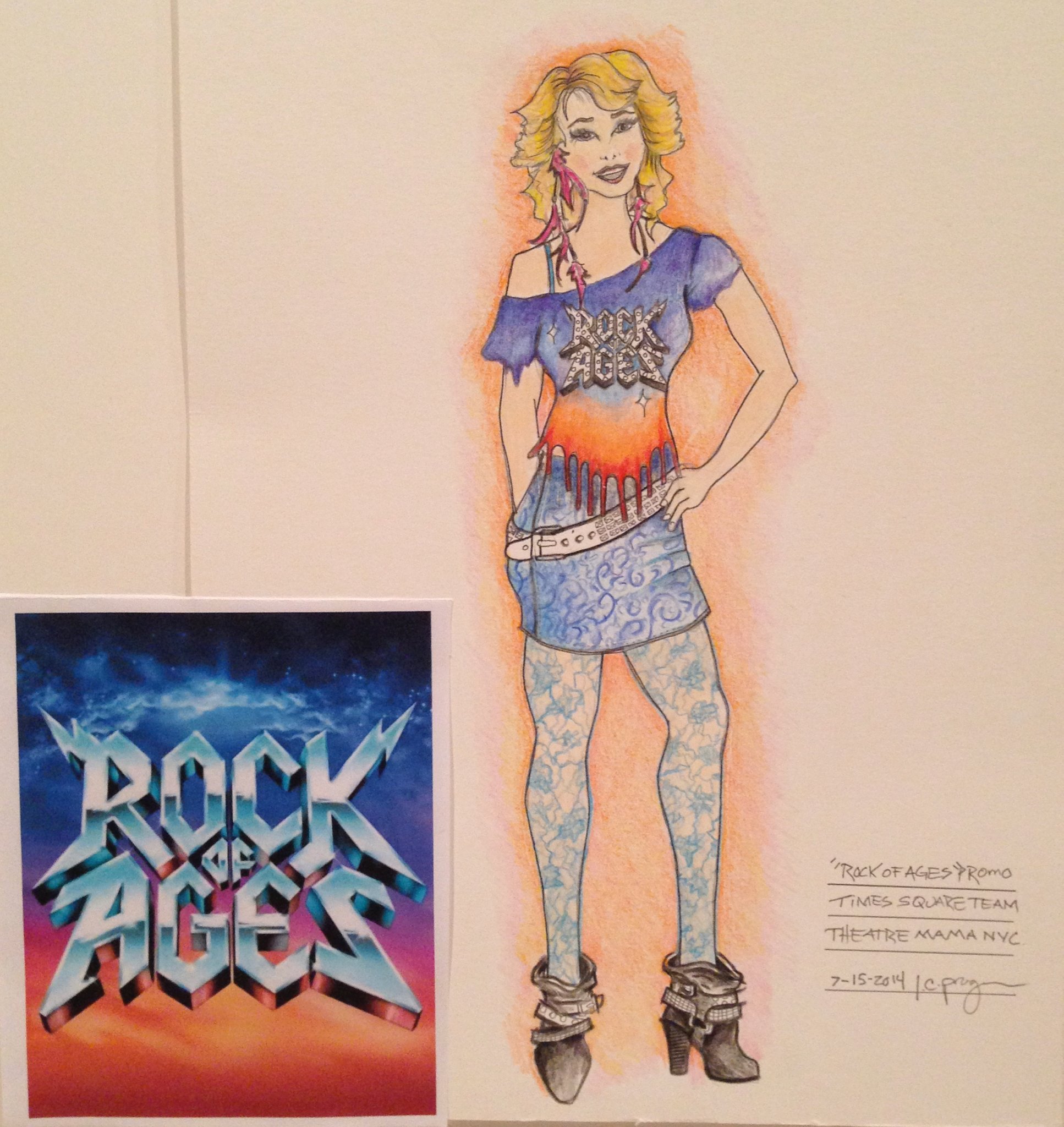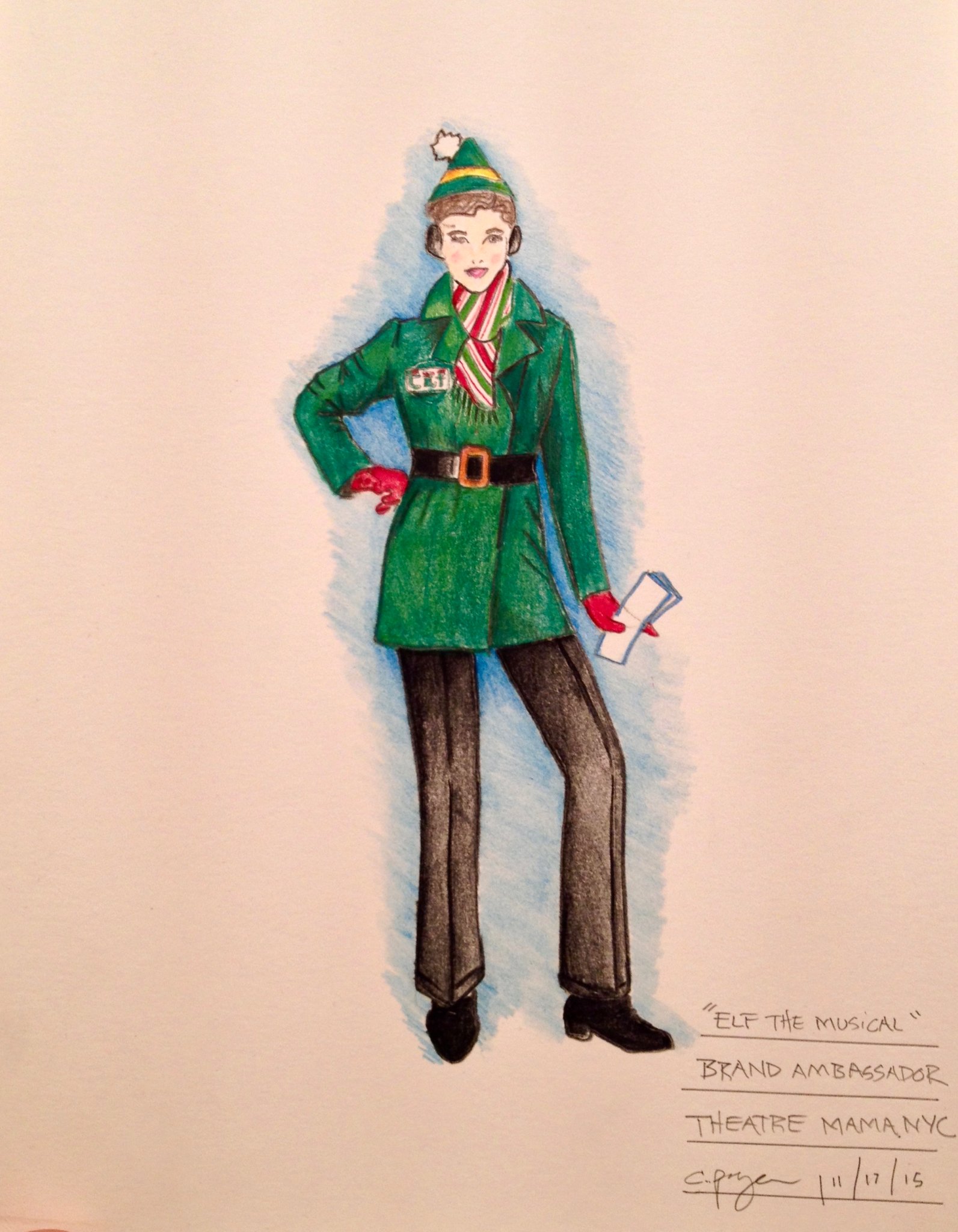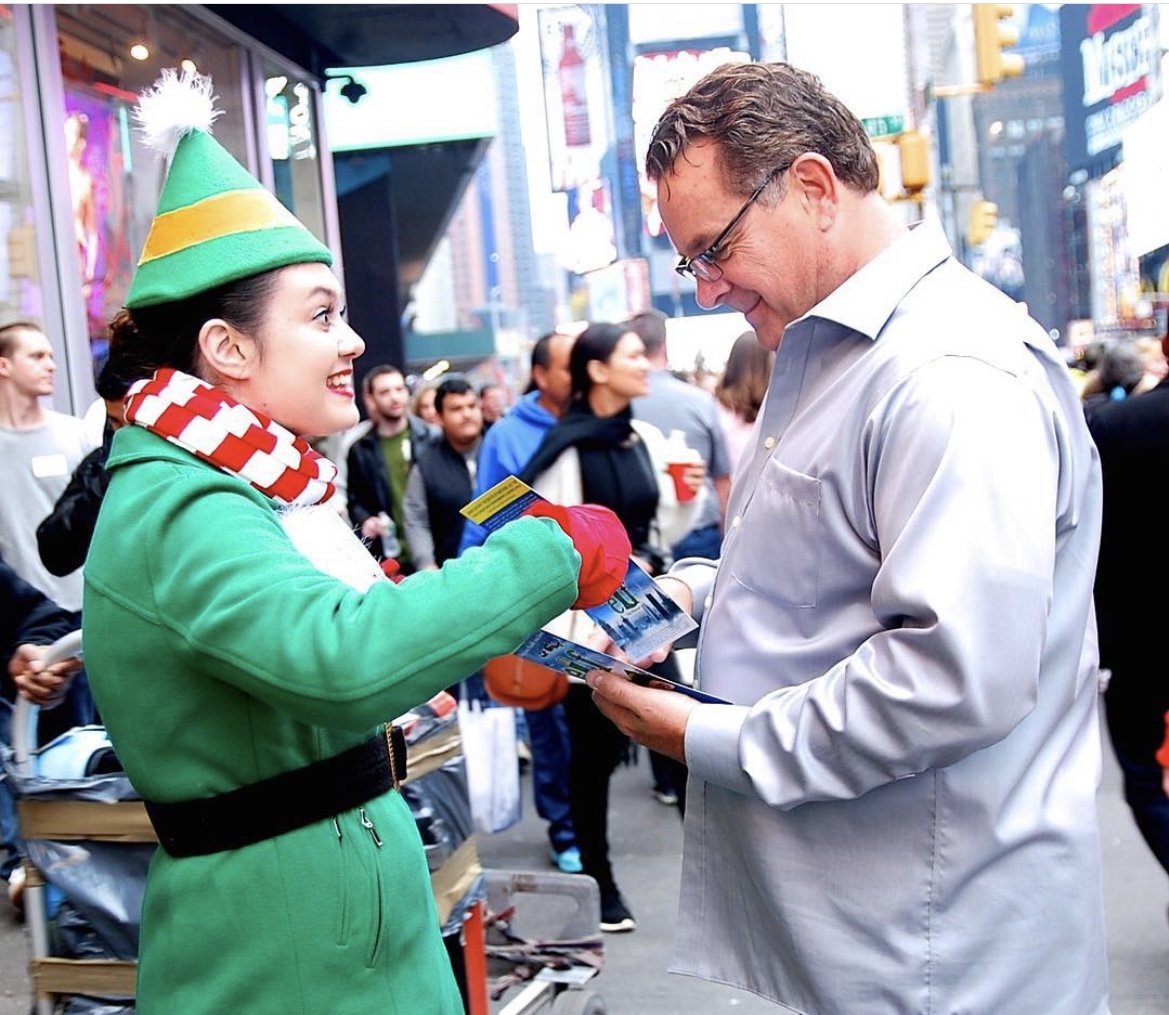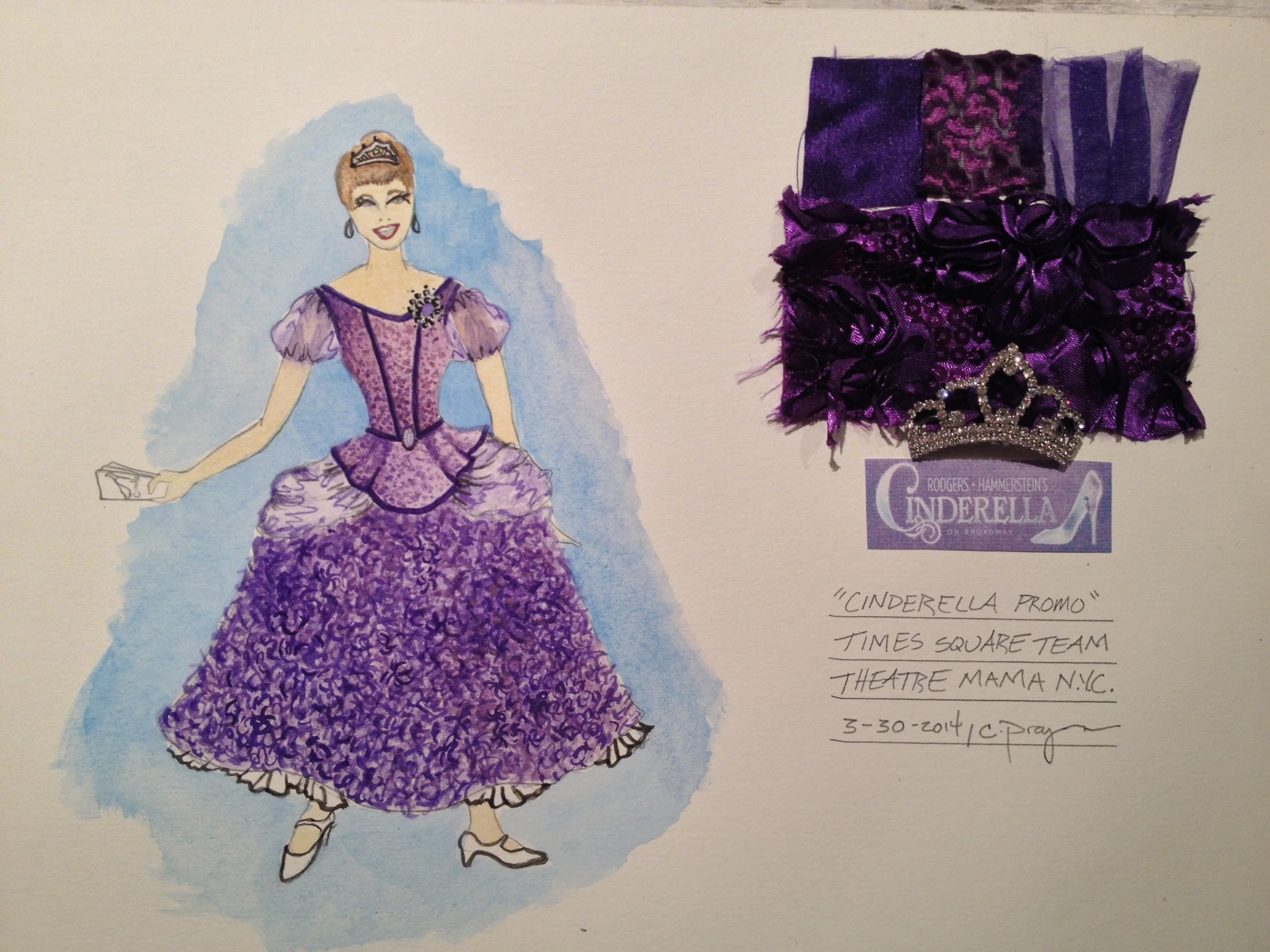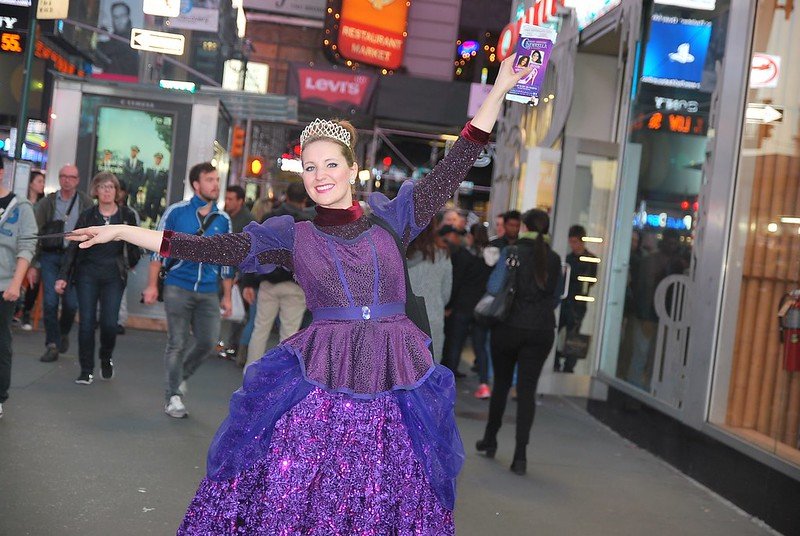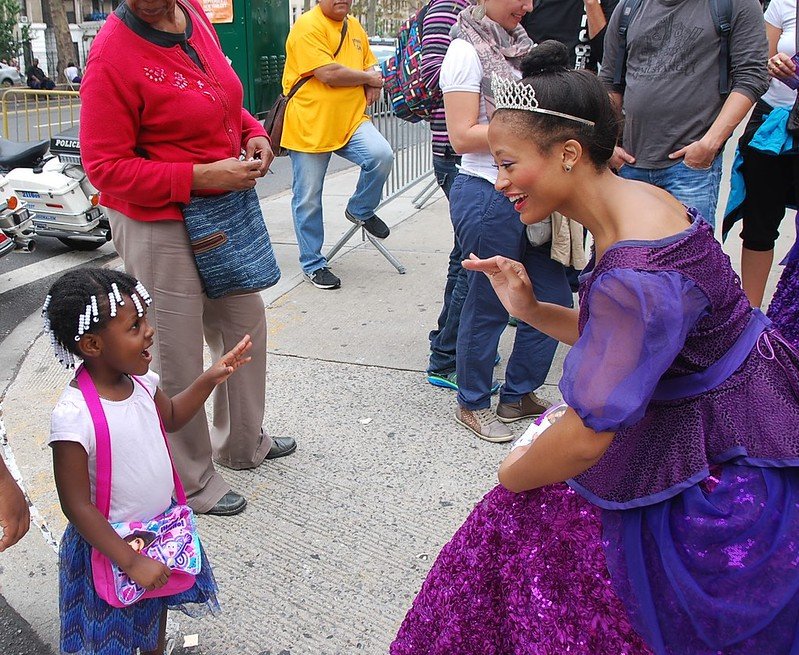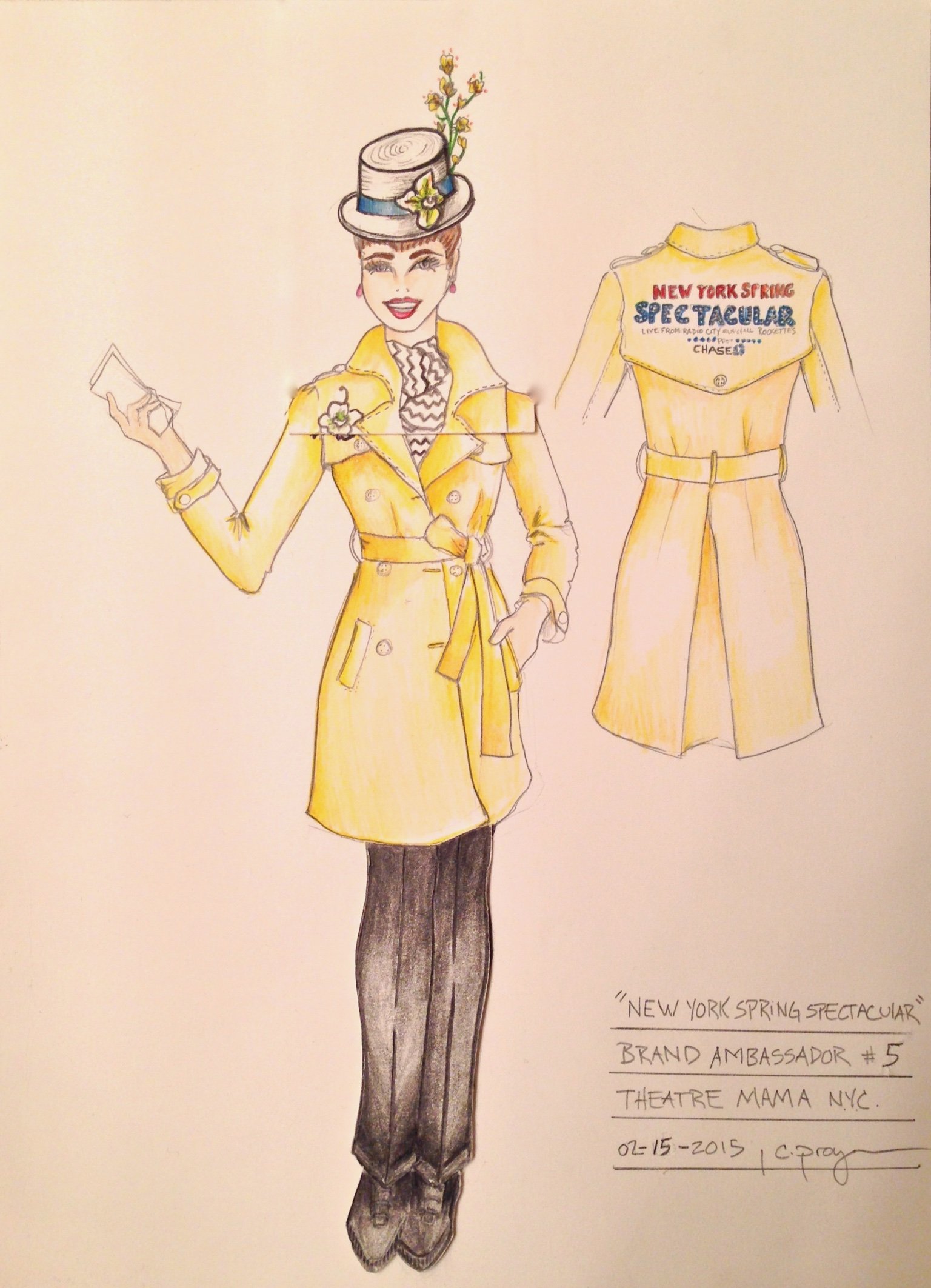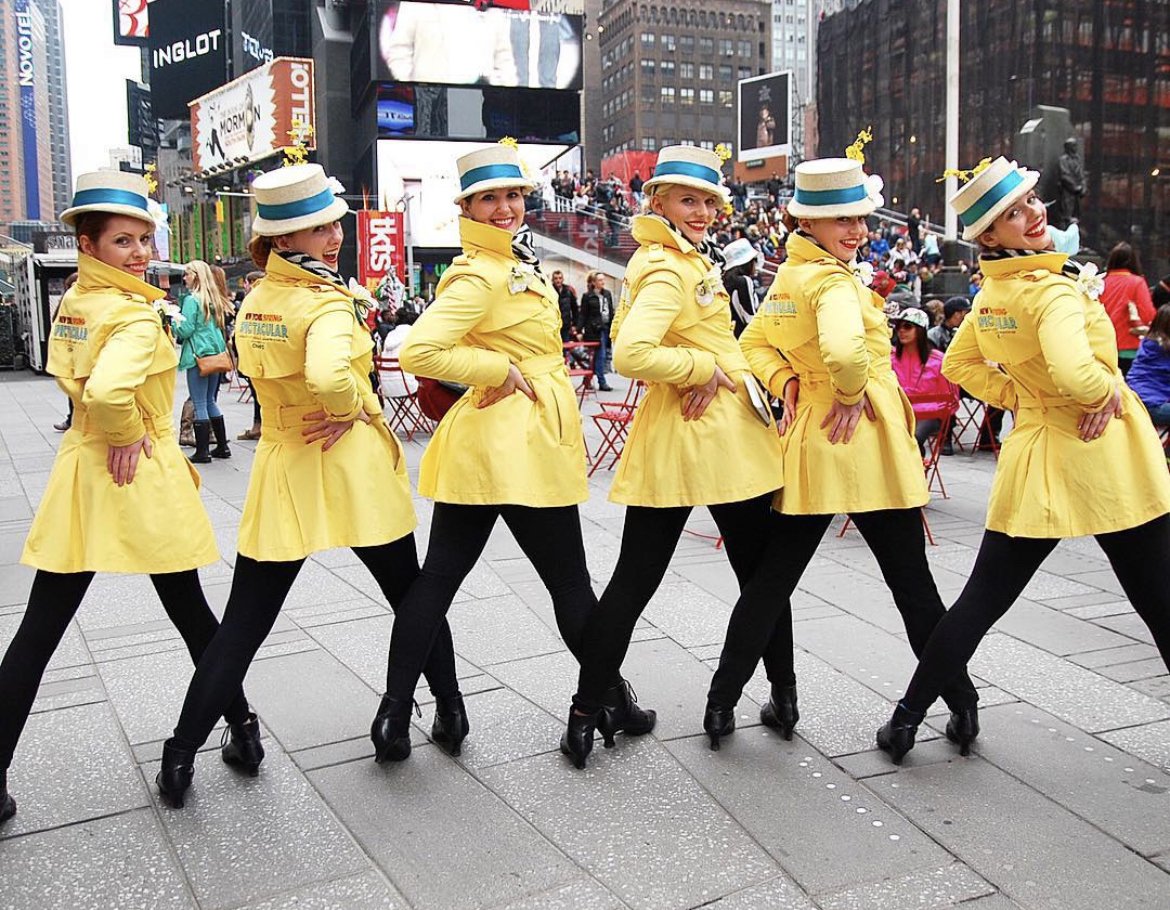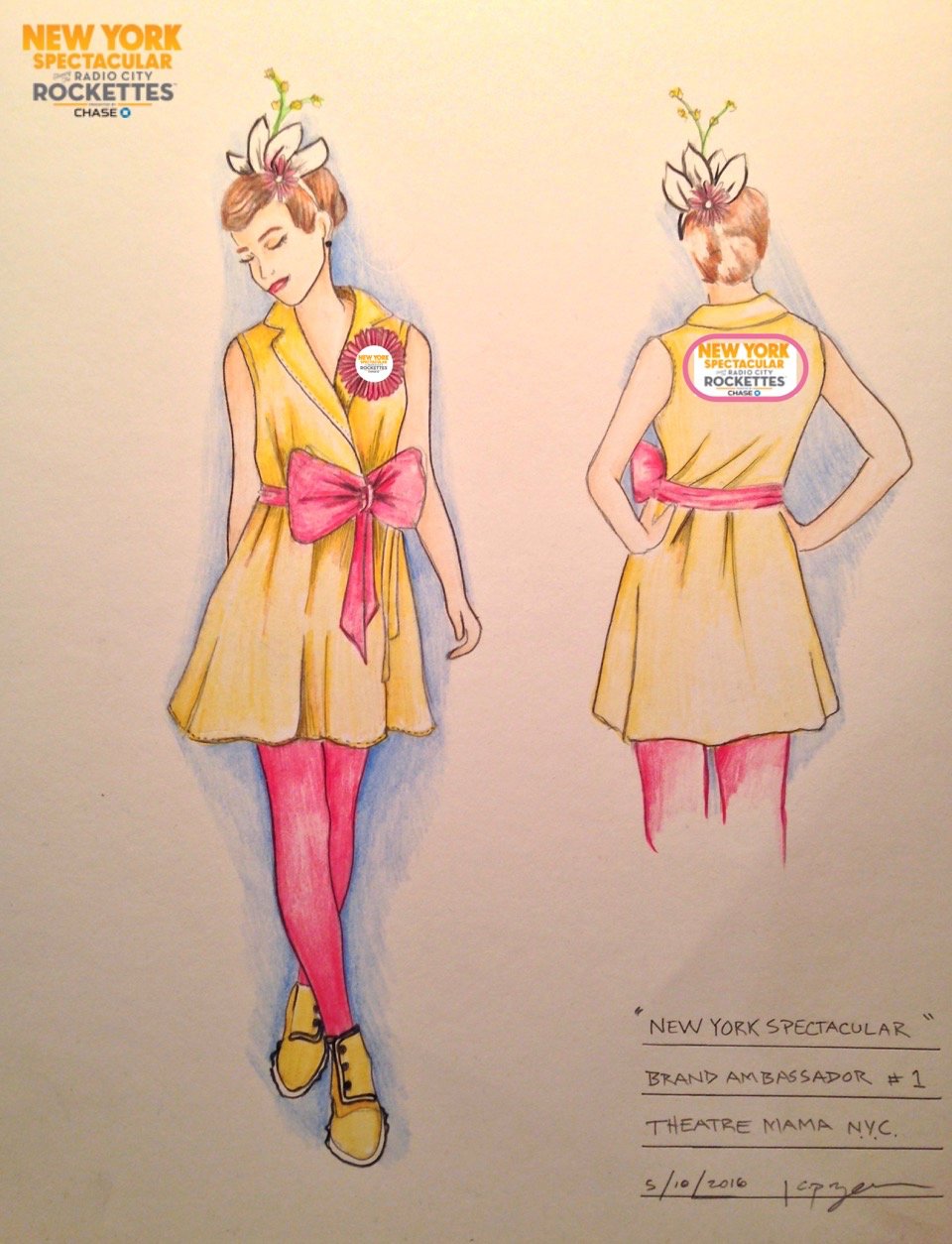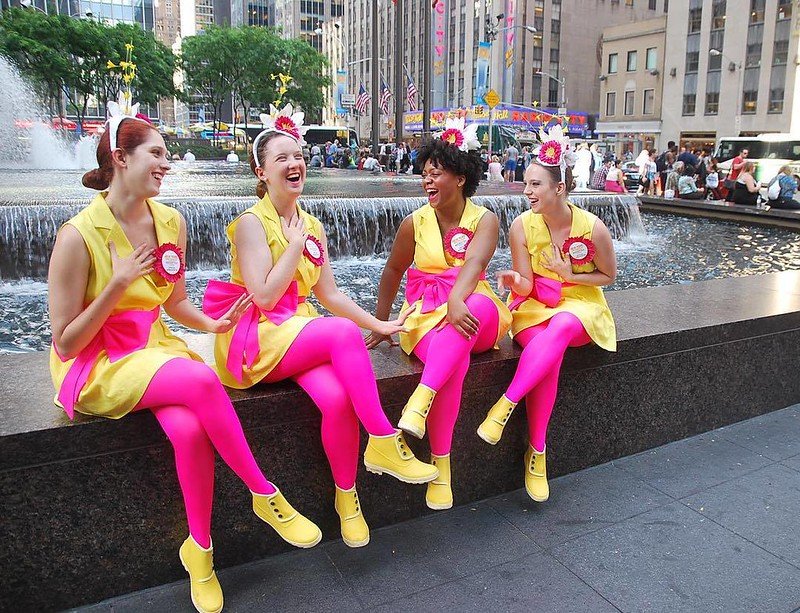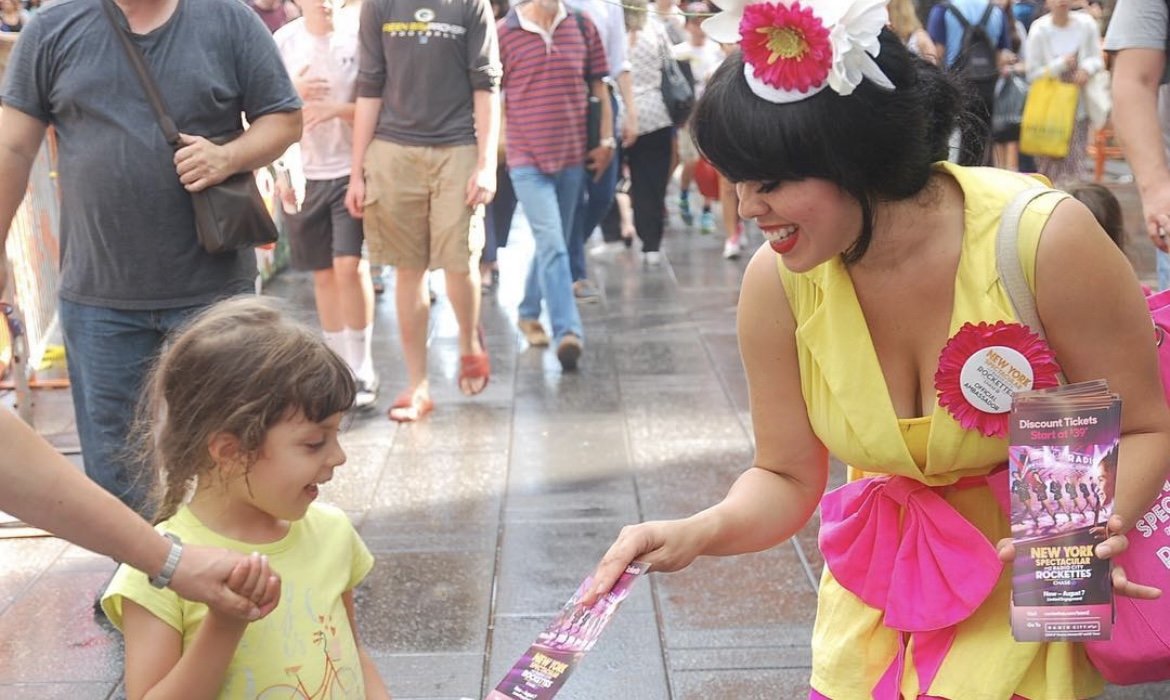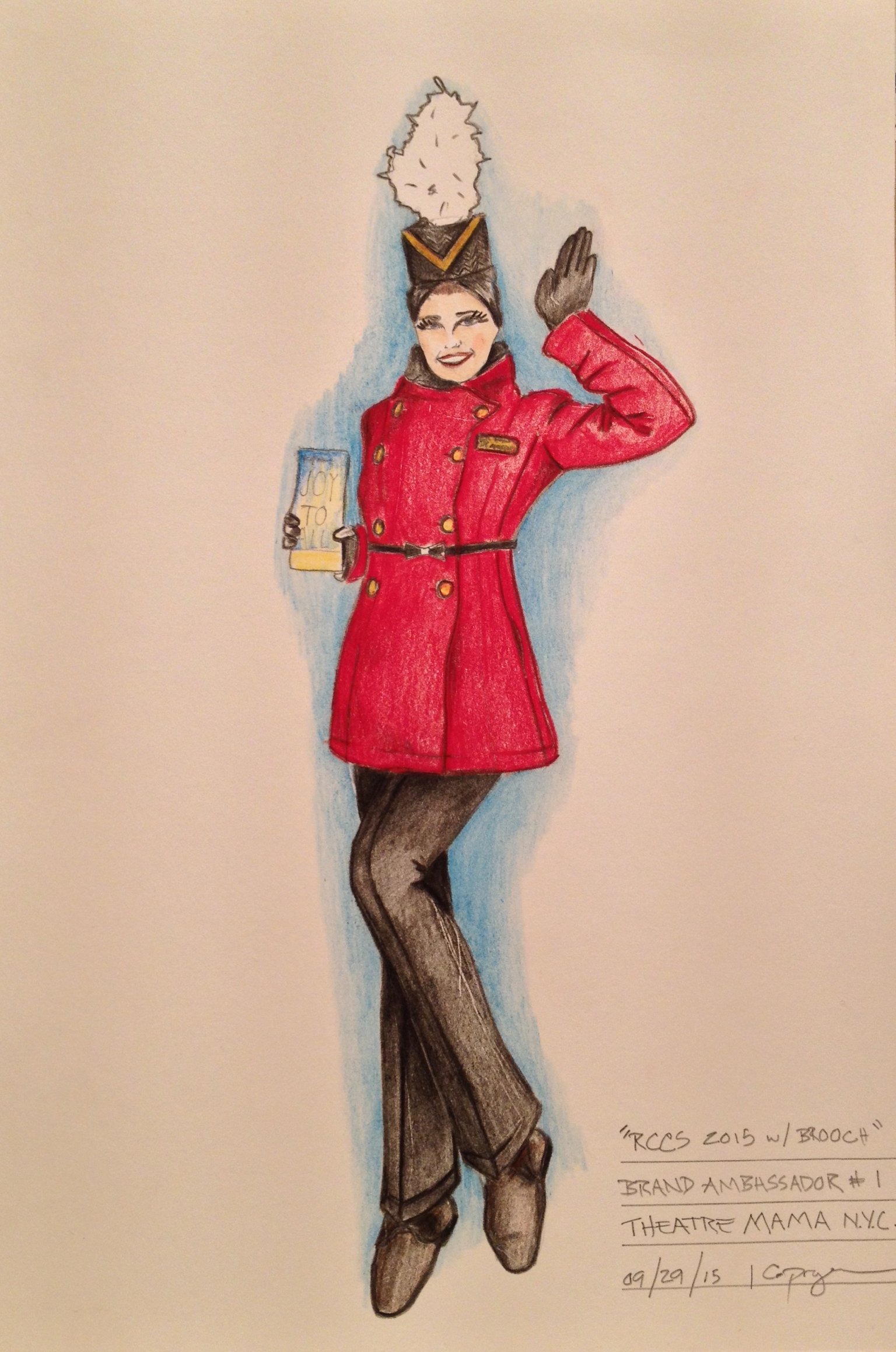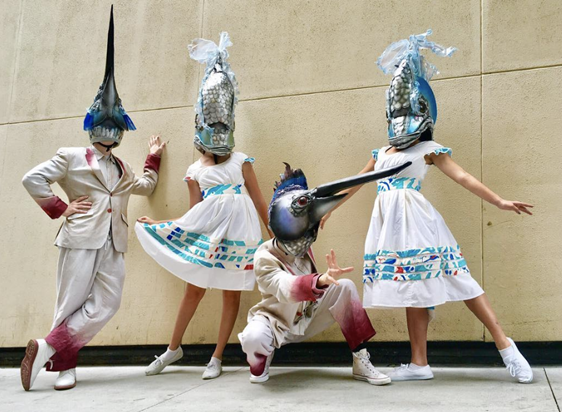How many songs about loneliness can you think of off the top of your head? I can easily list 20 and, if given more time, could probably come up with another 20. Ever wonder why there are so many songs written about loneliness?
According to a recent U.S. Surgeon General's Advisory on the Healing Effects of Social Connection and Community, we are currently living through an epidemic of loneliness and isolation.
Even before the required isolation brought on by the COVID-19 pandemic, loneliness was on the rise in our culture. Over the last decade, one-in-two American adults have said that they’ve experienced loneliness. That statistic sounds dire, but isn’t loneliness just a bad feeling that eventually dissipates and even makes for great song-writing fodder? No. Loneliness is incredibly harmful and can be accompanied by major health risks for individuals experiencing it and society at large.
According to Surgeon General Dr. Vivek H. Murthy, “ It is associated with a greater risk of cardiovascular disease, dementia, stroke, depression, anxiety, and premature death. The mortality impact of being socially disconnected is similar to that caused by smoking up to 15 cigarettes a day, and even greater than that associated with obesity and physical inactivity. And the harmful consequences of a society that lacks social connection can be felt in our schools, workplaces, and civic organizations, where performance, productivity, and engagement are diminished.”
In short, the loneliness epidemic is a major problem currently plaguing our country. So, what do we do about it?
“This work will take all of us: schools, workplaces, community organizations, government, health workers, public health professionals, individuals, families and more working together. And it will be worth it because our need for human connection is like our need for food and water: essential for our survival,” wrote Dr. Murthy in a guest essay for the New York Times.
According to Dr. Gillian Sandstrom, Senior Lecturer in the Psychology of Kindness at the University of Essex, “weak ties” and small interactions also provide social support to help combat loneliness and isolation. A “weak tie” relationship can be defined as a person with whom you share a minimal social interaction with during your day. This can be the barista at a coffee shop, a bus driver, or a person you hold the elevator for. Dr. Sandstrom found that the more “weak ties” a person interacts with in a day, the happier that person is.
But what does any of this have to do with Experiential Marketing? EVERYTHING.
Experiential Marketing campaigns are the epitome of “weak tie” relationships. When Ambassadors and Street Teams transform into the living embodiment of a brand, they literally bring that brand to life through small but meaningful social engagements! Our goal is for the public to walk away from an interaction with one of our Ambassadors with more joy and happiness than they started with.
And it works, too.
Think about this scenario – you are on your daily commute in NYC and the only thing on your mind is your long to-do list. You’ve got your headphones in and haven’t interacted with one person this morning – you haven’t even spoken out loud. Then, in the distance, you see a fabulously costumed pair of Brand Ambassadors hitting glorious Fosse-inspired poses and dance steps. You’re intrigued so you pause your music only to hear the music from Chicago the Musical playing around the glamorous Street Team you’ve encountered. Suddenly, your mind transports you to when you and your mom saw Chicago together a few years ago, and that pesky to-to list can now wait until you get to work because, right now, you’re reliving one of the best memories of your life. You stop to chat with the Street Team and discuss your favorite songs from the show, walking away with a code to purchase discounted tickets to see Chicago the Musical. The interaction lasted all of 60 seconds, but, in that small moment, you were able to escape the anxieties of the day, make a genuine human connection, reminisce over a fond memory and get a discount to a Broadway show. Your day was made more joyful and ultimately happier than when you started your commute.
Small interactions can be some of the most meaningful interactions a person can have. They are a piece of solving this loneliness epidemic and Experiential Marketing is a part of that equation. Genuine, authentic connection is our goal no matter the campaign. One of the most common phrases we hear from the public is, “You just made my day,” and believe us, the feeling is mutual!
Like Dr. Murthy said, the loneliness epidemic is going to take a multifaceted approach across individuals, communities, institutions and systems. It’s time to start building strong communities by fostering both “strong ties” and “weak ties.” Being in the Experiential Marketing industry allows us to do our part by creating small, meaningful social interactions for people each day, and we wouldn’t want it any other way.



